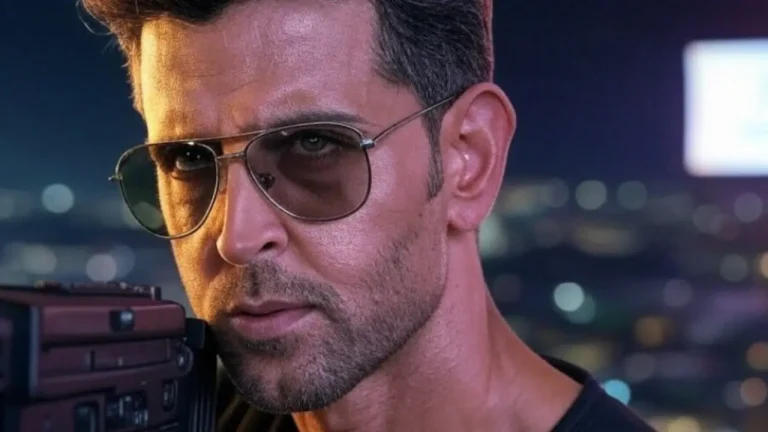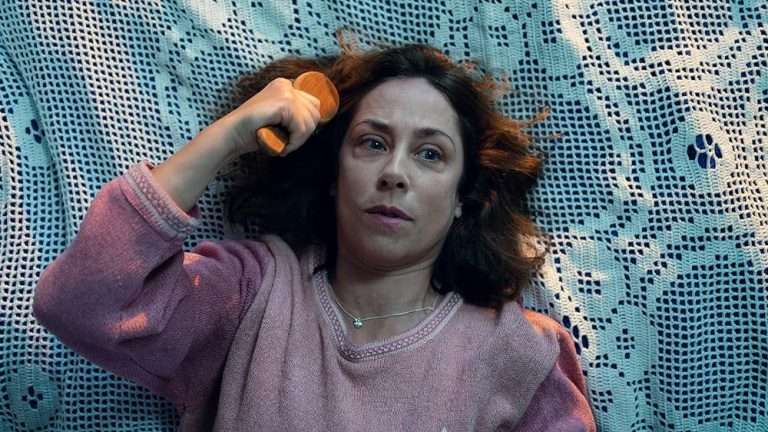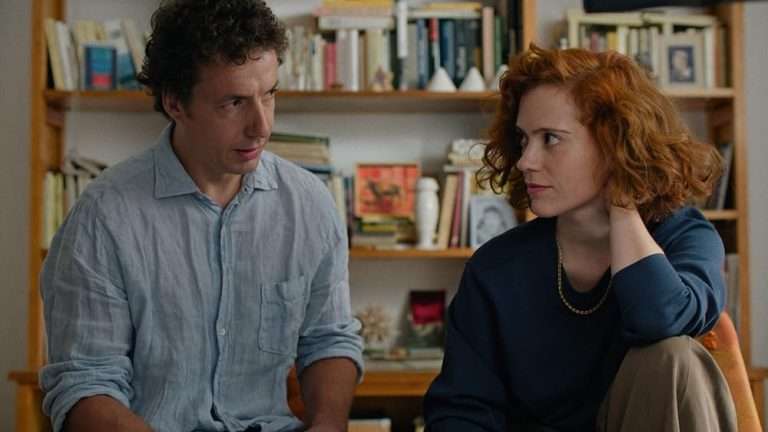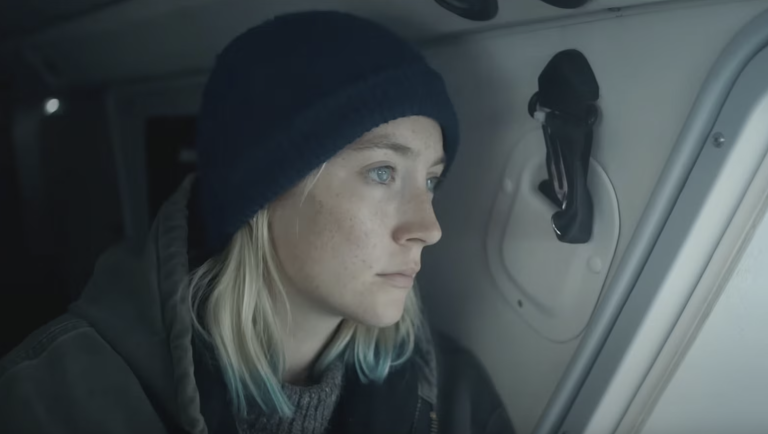There’s a strong case to be made that, collectively, Joel and Ethan Coen represent the pinnacle of American filmmaking. In their eighteen films together, the Coen brothers tackled nearly every subgenre, offering a unique and sly perspective on nearly every component of the American experience. While the Coens were never predictable, there was an artfulness and intentionality to their work that made each entry in their catalog worth taking seriously. It may be unfair to judge a modest effort like “Honey Don’t!” against this legacy, but Ethan Coen’s second solo directorial effort is a surprisingly flat, dull regression for one of the most important filmmakers in contemporary cinema.
It was after the release of their underrated western anthology “The Ballad of Buster Scruggs” that the Coen brothers formally announced a split in their partnership, in which they would each move on to do different projects. Joel Coen’s solo adaptation of “The Tragedy of Macbeth” may have had the benefit of timeless source material, but at least the line-for-line interpretation of one of Shakespeare’s most iconic tragedies still contained the excellent production values and visual integrity that one would expect from a director of “Fargo” and “No Country for Old Men.” By comparison, Ethan Coen’s “Drive-Away Dolls” was a sub-90-minute B-movie that favored cheap exploitation, lazy provocation, and madcap sex and violence in favor of anything substantial.
“Drive Away-Dolls” may have been forgiven as an attempt to experiment, as even when united, the Coens made some divisive films that earned mixed responses, such as “Burn after Reading” and “Intolerable Cruelty” (even if both have aged better than they’ve been given credit for). However, “Honey Don’t!” seems to confirm that this direction is in fact Ethan Coen’s new edict, as it shares the breezy, bare-boned sensibilities of “Drive-Away Dolls.” Even if “Honey Don’t!” contains a little more of the snappy Coens energy of the past, it is too broad a satire to land with any resonance.
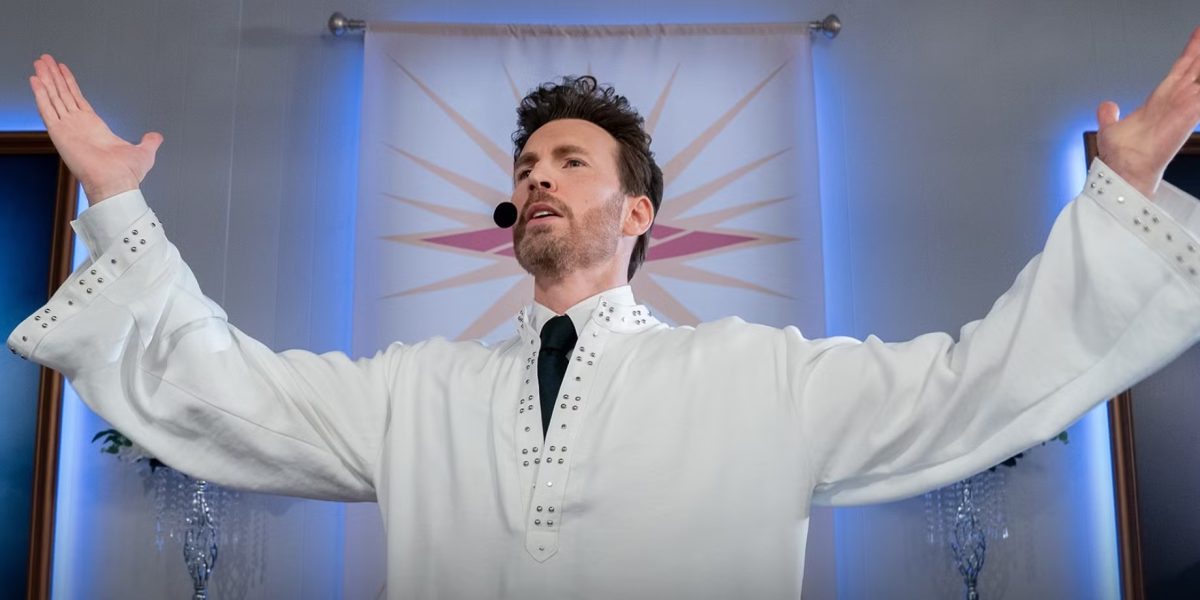
Although it’s ostensibly set in modern times, “Honey Don’t!” is so light on context that it could believably take place at any point in history, as the small town of Bakersfield, California, is removed from the confluence of culture within bigger cities like Los Angeles, San Diego, and San Jose. After the discovery of a murdered woman, the private investigator Honey O’Donahue (Margaret Qualley) begins looking into the mystery, aided by the spunky police attendant MG Falcone (Aubrey Plaza), who is also her lover. Despite the best efforts of Detective Marty Metakawich (Charlie Day), Honey pursues the case without any backup assistance, which leads her to the enigmatic cult leader Reverend Drew Devlin (Chris Evans).
The most interesting creative hallmark of “Honey, Don’t!” is the film’s rejection of traditional masculinity in any form; even if she belongs to a traditionally “male” profession, Honey isn’t coded as a tomboy, as she proudly wears high heels and a skirt as she exchanges sexual foreplay with MG. Even Drew’s dim-witted assistant Shuggie (Josh Pafchek) and Honey’s flamboyant client (Billy Eichner) are passive to an amusingly absurd degree, which gives the film a very relaxed aesthetic, even when the bodies begin to stockpile. Unfortunately, the conclusion that “Honey Don’t!” reaches about discrimination and identity is vaguely drawn out and disseminated in dull exchanges of expositional dialogue. While the straightforward, matter-of-fact style of writing may have been intended to be comedic, it also leaves “Honey Don’t!” feeling awkwardly paced.
The 10 Best Films of Chris Evans According to Rotten Tomatoes
It’s also hard to cope with how visually unappealing “Honey Don’t!” looks, even if it didn’t have to contend with the legacy of the Coens’ relationship with cinematographer Roger Deakins. It’s a dull film about backwater allies and scuzzy nightclubs that has no sense of grittiness. Moreover, it lacks the creative production design needed to give it a unique aesthetic. Shots are often flat, violence lacks any substance, and jokes linger with an extended moment of silence, allowing the audience to remain in the uncomfortability of the moment. It’s a film with a lot of dead space, which is a serious problem for a flimsy neo-noir mystery with very little detective work.
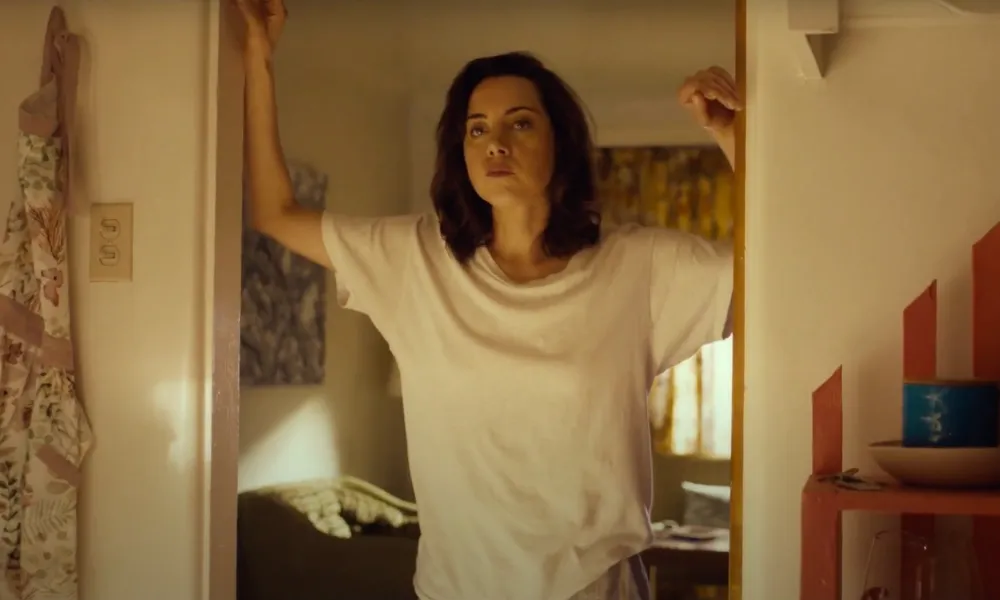
Qualley is clearly an actress of great presence, and is captivating enough as a protagonist to make segments of “Honey Don’t!” watchable. While there isn’t anything particularly compelling on the page, Qualley’s dismissive sense of ease is, for better or worse, in line with the rest of the film. Plaza, who has shown her range in recent indie gems like “Emily the Criminal” and “Ingrid Goes West,” is sadly typecast as another spunky, blunt pessimist. Plaza isn’t even allowed to chew the scenery in the way she did in “Megalopolis” or “Operation Fortune: Ruse de Guerre,” as her more wild scenes occur far too late in the film.
Evans is often a much funnier actor than he is given credit for, and “Honey Don’t” gives him another opportunity to play the sort of boastful, narcissistic charmer that he pulled off in “Scott Pilgrim vs. The World” and “Knives Out.” “Honey Don’t” has sadly very little to say about the psychology of cult movements and how a buffoon like Drew could become a figure of influence, but it may be a compliment to Evans to say that it feels like he’s in a different film altogether. Day, making a rare appearance outside of “It’s Always Sunny in Philadelphia,” does the best that he can with a character that quite literally has only one joke.
“Honey Don’t!” undercuts its own tension by refusing to spend enough time in any moment that could become substantial, as it’s perhaps only the creative opening title cards that establish a specific mood and tone. The third act is oddly de-escalated, as “Honey Don’t!” seems as uninterested in providing a satisfying conclusion to the mystery as it is in landing on any recognizable emotional register. This isn’t a case like “Fargo” or “The Man Who Wasn’t There” in which the banal senselessness is the point; “Honey Don’t!” is woefully underdeveloped, and seems to confirm that it was Joel Coen who provided the structure and depth to earlier collaborations. “Honey Don’t!” isn’t particularly entertaining by any standards, but it certainly will heighten speculation on whether the Coens would be better suited to reignite their creative partnership.



![The Florida Project [2017]: ‘Mumbai Film Festival’ Review](https://79468c92.delivery.rocketcdn.me/wp-content/uploads/2017/11/HOF_THE_FLORIDA_PROJECT-768x347.jpg)
